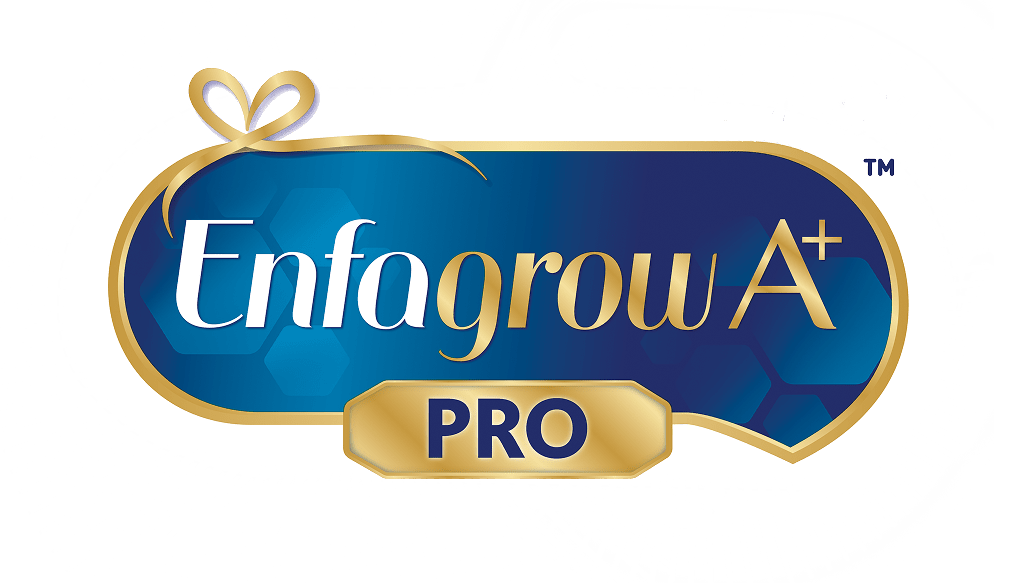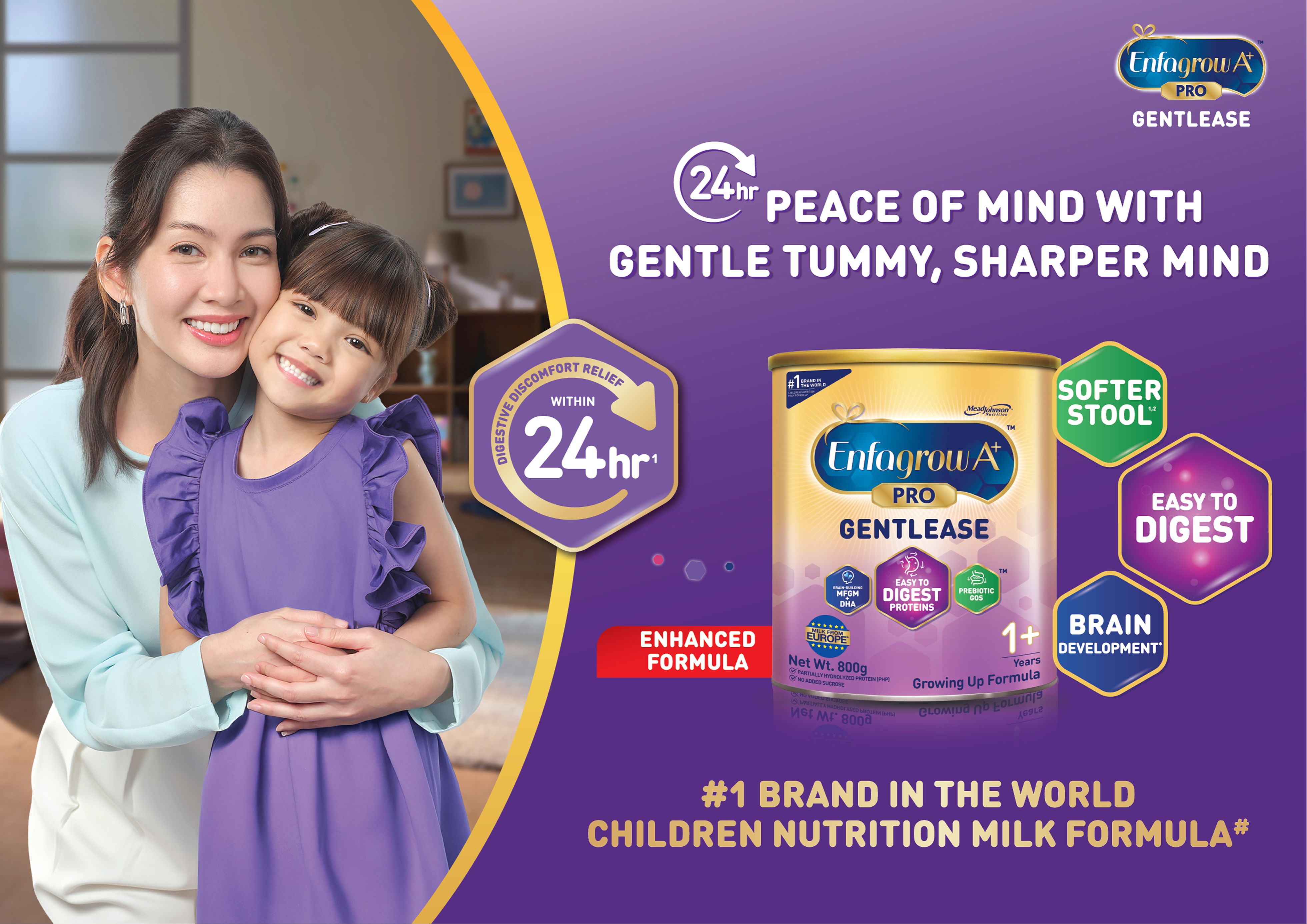
After childbirth, mums forget that it’s important to take care of themselves too. That’s why we’ve created the ultimate wellness guide for new mums, including nutrition tips for breastfeeding mothers and ideas for you to stay at your very best.
Slow Down to Heal Well
The first six weeks after childbirth is both an exciting and tiring time for mothers. It’s a vital time to bond with your baby and adjust to life with a new family member. The baby might be your top priority, but it’s important take steps to allow your body to heal well, too.
If you had an episiotomy or vaginal tear during natural childbirth, keep it clean at all times. You can take a warm soothing bath, or you can pour warm water on the area when you urinate if it helps you get any relief. Just remember to pat dry with clean towels after. You can also use a cold compress for a few minutes each day to help with the soreness.
Remember to also eat food rich in fibre to ease any digestion woes you might experience. It will help with passing stools after birth, which can be painful if you are constipated.
C-Section Care
It will take you a longer time to heal if you had a C-section – it is major surgery after all. Take care of your incision site, practice proper wound care and follow your doctor’s instructions. Keep it clean and dry and watch out for any infections. You must go to your doctor immediately if you spot any abnormal bleeding, discharge, or puss. It would be wise to use a medical-grade binder to help keep your incision site secure.
Keep away from strenuous activities other than lifting the baby. Remember that it’s okay for others to do things for you, mum! Have family members or friends do the house tidying, cooking, and other chores for now. Your body needs to heal at this crucial time.
Watch Out for Abnormal Bleeding
You may experience afterbirth pains. You will also have vaginal discharge for weeks as the uterus sheds off extra tissue and blood. This is known as lochia. You’ll have to wear sanitary pads again. The discharge will be bright red at first, with clots during the first few days after birth, but the colour will turn to pink, brown, yellow, until it finally clears up.
Call your doctor or go to the hospital if you’re still bleeding excessively after three days, expelling big clots, have a rapid heartbeat, and are feeling weak.
Hold Off Strenuous Exercise
You might be itching to get back in shape. When is the best time to start exercising after giving birth?
The best answer is when your body is ready. Remember that your body just went through a major change, and you brought another life into this world!
Even if you delivered naturally, it will take about six weeks for your body to heal – this includes your uterus shrinking back to its normal size. It’s best to get your doctor’s go signal before returning to any exercise regimen. Ask your doctor when you go for your check up, and when once you get approval, start off slowly and increase your pace gradually. You can aim to stay active for at least 20 minutes a day. Start off with gentle stretches, yoga, or light walks at the park. Stop exercising if you feel any pain.
After a C-section delivery, you will need a longer time to heal. You don’t want to do any exercises that will cause stress to your wound. Recovery time can take more than six weeks, so take it easy and then do light exercises such as belly breathing and Kegels when you get the green light from your doctor.
Ready for the Great Outdoors?

Your mother and aunts might be stopping you from going out of the house for at least a month after giving birth. However, the best answer to “When can you start going outside?” is when you feel that you're ready.
A slow leisurely walk in nature, some sunshine and fresh air can do wonders to lift a mother’s spirit. Being in an environment away from your new norm can be a huge mood booster. Best to schedule it between feedings or time it with your baby’s nap time so you can savor some moments to yourself.
Don’t Skip the Postpartum Check Up

Your doctor will want to see you within three weeks after you give birth. Should you feel anything is wrong earlier than that, do not hesitate to go to the hospital for a check-up immediately.
At 12 weeks postpartum, your doctor will give you a comprehensive check up to see how well you’re healing. This will include a physical exam, as well as a check up on your mental health. Make sure to tell your doctor everything that you’re feeling. Talking about postpartum depression can help the doctor determine how to help you. The doctor will also discuss when you can resume sexual activity.
Treat Yourself
You deserve to be pampered and taken care of, mum! Don’t feel guilty about enjoying some me-time. Your husband or family can manage taking care of the baby for at least a few hours without you. Venture out, treat yourself to a mani-pedi, or get a quick trim at the salon. And, contrary to common belief, you can even get your hair coloured – it’s perfectly safe for breastfeeding mums.
Afterwards, have slice of cake and a cup of tea at your fave café. An hour or two detached from your new norm (and your newborn) will help you feel recharged!
Best Diet for a Breastfeeding Mom?
Your diet is important, but, it turns out, more for yourself than your new baby. A poor diet can severely affect the mother who is exerting all her energy taking care of her baby.
Remember: A good diet is important for your own health and energy levels.
Your nutrition intake increases as you continue to breastfeed. While you are providing nutrients to your newborn, don’t forget to nourish yourself as well.
You cannot take care of your baby and your family if you don’t take care of yourself first!
Drink Fluids and Get the Right Nutrients
Remember to drink a lot of fluids (at least eight glasses of water a day) and eat nourishing food to help your body recover faster.
Aside from eating fruits, vegetables, fish and lean meat often, you can complement your diet by drinking Enfamama A+, a milk supplement specially formulated for pregnant and lactating women.
Enfamama A+ contains 52% higher DHA and 24% higher Choline*. DHA and Choline are found in breastmilk.
Enfamama A+ is also a high source of folic acid, which plays an important role in the production of red blood cells. It also contains iodine, which is essential for the synthesis of thyroid hormones by the thyroid gland.
Remember, mums, take these tips for breastfeeding mothers to be informed so that you can stay on top of your health and healing. You must first take care of yourself so that you can take care of your baby and family better.
* Compared to previous formulation
Request for free Enfamama A+ samples to support your nutritional needs here.



